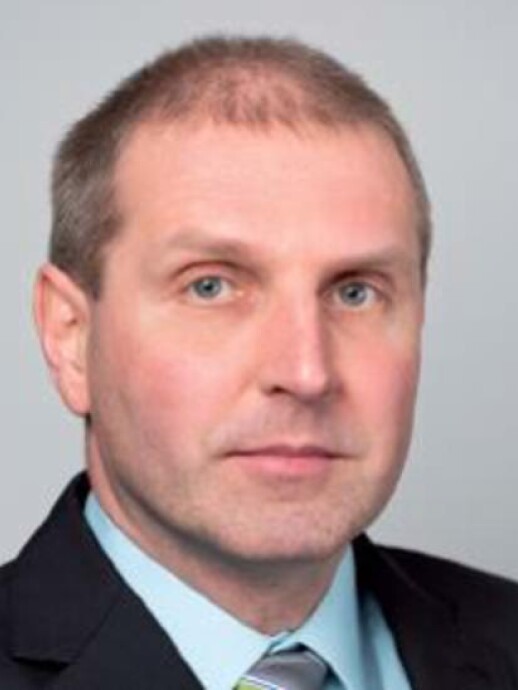
Jukka
Heikkonen
Contact
Links
Areas of expertise
Biography
Jukka Heikkonen has been a professor of computer science of University of Turku, Finland, since 2009. His research as the head of the Algorithms and Computational Intelligent (ACI) research group is related to data analytics, machine learning and autonomous systems. Currently he is focusing on machine learning based data/sensor fusion applied for pattern recognition, situational awareness modelling of autonomous systems, and GIS data analysis in geographical applications. He has worked at top level research laboratories and Center of Excellences in Finland and international organizations (European Commission, Japan) and has led many international and national research projects. He has authored more than 150 scientific articles.
Teaching
Currently responsible teacher in the following courses:
TKO 3120 Machine Learning and Pattern Recognition
TKO 5328 Erikoistyö
Supervisor in graduation theses (MSc, BSc).
Research
Some examples of current research activities/projects:
Artificial Intelligence based Virtual Control Room for the Arctic (AI-ARC)
1.9.2021 – 31.8.2024, H2020 project
The main objective of the AI-ARC proposal is to create an innovative, robust, efficient, and user-friendly artificial intelligence (AI) based- platform for coast and border guards, which allows traditional and VR-based interfaces to adapt to users’ preferences in terms of information management, anomaly detection, risk analyses and interoperability; in order to realize a comprehensive surveillance system that delivers powerful sensor fusion based situational awareness for decision making, and safety for all maritime actors.
Exploration Information System (EIS)
1.4.2022-31.3.2025, Horizon Europe project
EIS will develop new data analysis methods by applying artificial intelligence, machine learning, deep learning into mineral prospectivity mapping together with new geomodels and mineral systems modelling. Methods developed reduce the current high exploration costs and improve the accuracy of the targeting of the early phase exploration.
Trafficability Prediction and Route Planning for Forest Machines
1.9.2020-31.7.2024, Academy of Finland
The objective of the project is to develop novel machine learning (ML) approach for terrain trafficability prediction for forest machines based on model-data fusion and to develop efficient route planning approaches based on the trafficability forecasts.
Smart terminals (Sea3value SMARTER)
1.1.2021-28.2.2023, Business Finland
UTU is developing data analytics solutions for smart harbour operations. The objective is to add value to stakeholders by improved sharing of information, and by redesigning processes for operational optimisation, improved safety, and optimise people and cargo flow. The ship turnaround use case focuses on optimising ships visits in harbour. The truck traffic use case focuses on developing a predictive real-time traffic situational awareness model to optimise the cargo logistics to and from the port. The passenger flow use case improves the passenger flow on ropax-ports by developing models and solutions to support collective transportation, ride sharing and other mechanisms to relieve the congestion at ports.
MAATI – Soil type estimation
1.8.2021-31.7.2022, Ministry of Agriculture
This project develops machine learning methods for soil type classification for whole Finland. This includes the use of remote sensing datasets (such as Sentinel 1 and 2 satellites), up-to-date open spatial databases for peatlands and nutrient classes (swamp types), land use (forest / field / wetland / peat production) and drainage. The methods are first developed and tested in three pilot areas in Finland: 1) Keminmaa, 2) Etelä-Pohjanmaa, and 3) Itä-Suomi. The research includes the use of classical pattern recognition approaches based on predefined features and feature selection, and also deep learning approaches and their comparisons. The research is done in collaboration with Natural Resource Institute and Geological Survey of Finland.
Compressive Sensing and Machine Learning Techniques for Radar Applications
1.1.2021-31.12.2022, Finnish Defence Forces
The project investigates integration of Compressive Sensing(CS) and machine learning for radar applications improving the speed and applicability of CS techniques using deep net architectures with learned signal priors, while supporting learning in data starved regimes with CS based models. The work at the UTU is related to the detection and classification of targets in Gaussian and Non-Gaussian clutter.